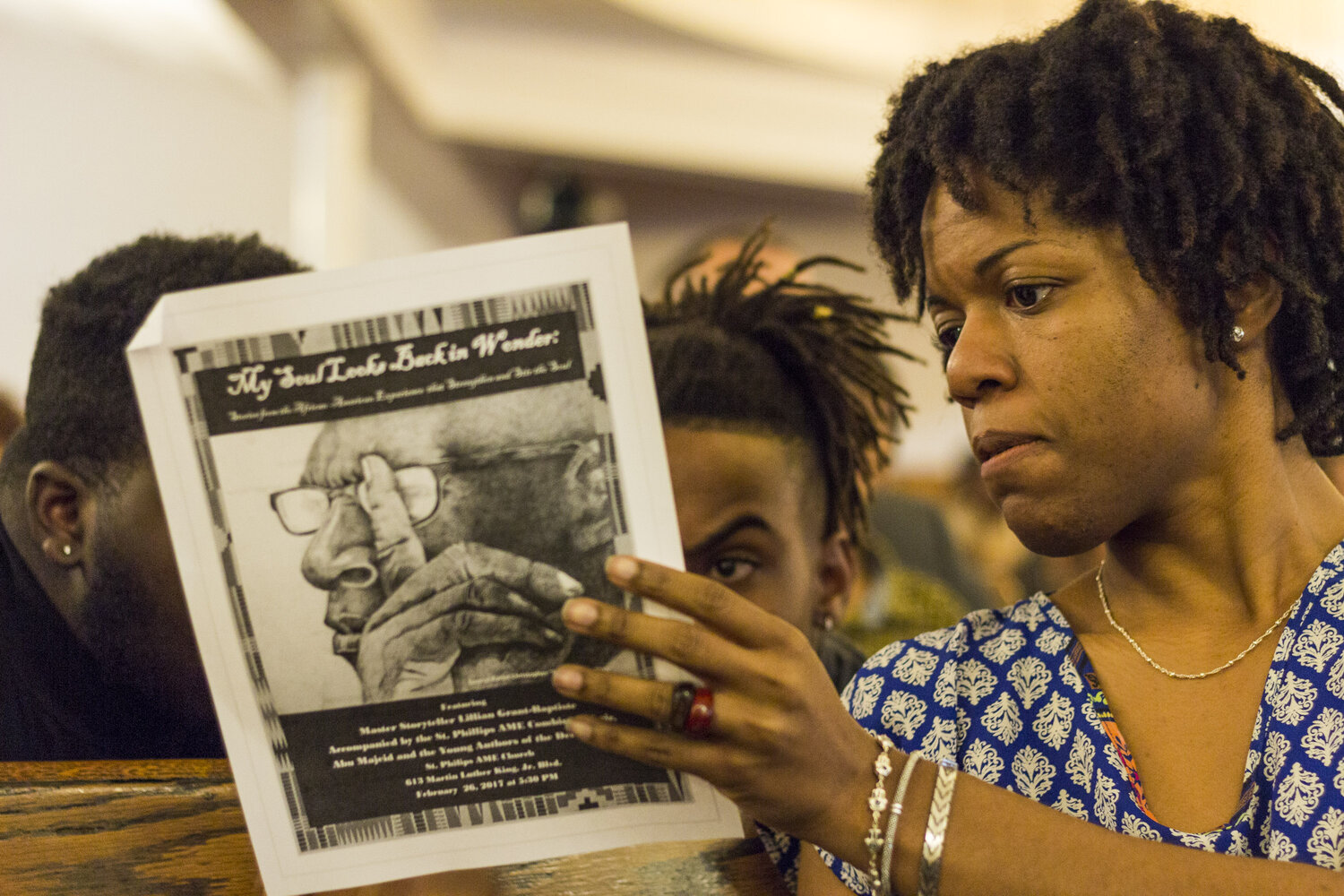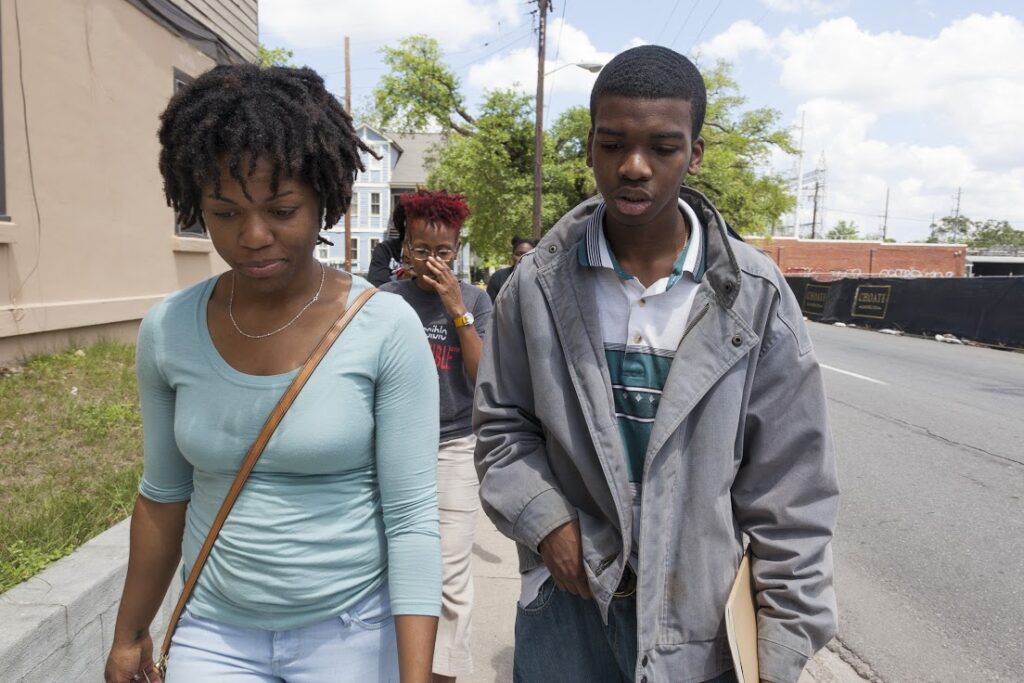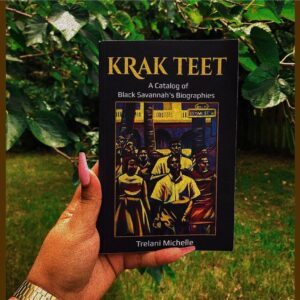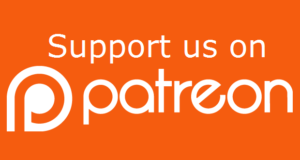Anthropologists Ain’t Gotta Go To College or Quit Their Job

“I might not know how to use 34 words where 3 will do, but that does not mean that I don’t know what I’m talking about.” -Drylongso, John Langston Gwaltney
I like learning about how black people live around the world. I like to traveling to go see it for myself. Like eating the different foods and listening to the different music. I LOVE seeing how much we have common. That’s why I ask so many questions–to old black folks, especially.
In the last couple years, I’ve been sharing the conversations I have. Krak Teet is an example of that. I also share audio and even video sometimes. I call that work “story gathering.” For myself specifically, I call it “Zora Neale Hurstoning,” because the way that she and I do it is a lot alike.
Textbooks call us “anthropologists” and “ethnographers.” I use those terms when I need to, but I don’t care for ’em personally. I feel like they create distance between me and my people. They’re also intimidating af. The work is WAY to important though for us to shoo it away.

We need more black folk who wanna be anthropologists. I’m realizing that more and more. Oral history tells the story of what actually happened and what also happened. These are the stories that are usually left out of the newspapers, because they’re told by folk who ain’t gon’ talk to the news people. We still need their stories though.
Their stories teach us:
- how our elders and ancestors survived
- how they saved money
- their opinions on what was going on in the world at that time
- what was important to ’em
- what they put their faith in
- what patterns they were noticing
- and the stories that were passed down to ’em
It’s so easy to do. You can even (and probably should) start with your own family. Turn on ya phone recorder and start asking folk questions. Here go 10 questions in case you need help getting started. Keep it casual. It’s a conversation. Be so curious that you come off damn near as a child. And save what you record, even if it’s just two minutes of audio. I recommend saving it on a cloud, because if you lose or break your phone then your interviews are gone.
Once you’ve stocked up enough interviews, then you can decide what you want to do with it. Maybe you put it on a CD and share it with all your family members. Maybe you start a podcast. You can also share them with the Library of Congress or even your local historical society. If you wanna turn it into a book and need help doing that, I got you.

I interviewed 21 elders for Krak Teet and only 3 of ’em are still living. That gave me a sense of urgency to continue doing the work, yeah, but also get more people doing it. It ain’t hard. Anthropologists don’t need a college degree and you don’t need to turn ya badge in at work to do it. Just…do it.
Trust me when I tell you it’s a deep sense of gratitude and satisfaction that you get from replaying those recordings after the person you interviewed is no longer here with us. Not in an ego kinda way either, but a wow factor. A whew. A damn. A…thank God I did that.


